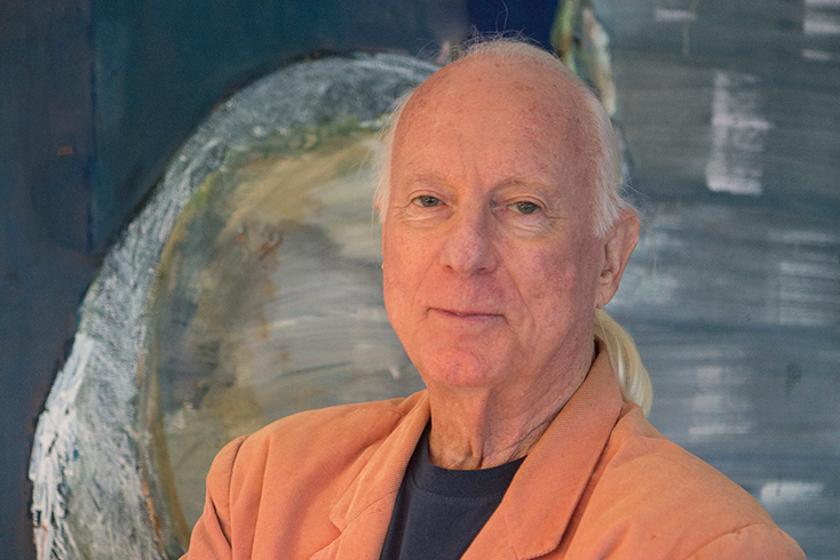Brazil can be a champion for the rights of audiovisual authors

The following has been written by Sylvio Back, filmmaker, poet, screenwriter and writer. Sylvio is also DBCA President.
Brazilian screenwriters and directors have contributed enormously to their country's cultural richness and diversity, through their films, TV shows, mini-series and animated films. The 1988 Brazilian Constitution and the Lei do Direito Autoral (or LDA, for Author's Rights Law), enacted ten years later, in 1998 have helped in this success. They are the two main pillars that ensure that creators' rights are protected in Brazil.
These laws for the first time recognised the rights of creators, as well as their artistic, cultural and economic contributions to the country.
However, today more progress still is needed to adequately protect audiovisual creators. For these vital contributors to the success of every audiovisual work remain, in terms of their rights, the “poor cousins” of their counterparts in other sectors.
Authors' rights are the lifeblood and the income for creators. Without adequate rights, audiovisual creators do not get proper compensation when our works are used by broadcasters or digital platforms, and made available to a growing audience. Of course it is understood that our works can be seen by more people than ever - but it is just not fair if we do not get a remuneration for our creative endeavours when this happens.
Today, Brazilian AV creators have the feeling that they are being left at the side of the road when the rest of the world is moving towards granting screenwriters and directors an unwaivable right to remuneration. This right already exists in European countries, and there is a growing awareness in many countries that this is the way forward.
The wave of change has now reached South America. Some of our neighbouring countries have adopted new legislation that recognises such a right. In Chile, President Michelle Bachelet has signed into law the “Ley Ricardo Larraín”, named after the late filmmaker who had made a mission to fight for this right. In Colombia, the Parliament has approved its own version of the law, known as “Ley Pepe Sánchez”.
Now, in both countries, audiovisual authors have officially been granted a right to remuneration. This will change everything for them. When their works are played on TV, or on any platform, authors will get a remuneration. This is a major step forward, and one that we wish to emulate in Brazil.
The association of Brazilian Film and Audiovisual Directors, DBCA, was created in 2014 to represent our community and become the Brazilian collective management organisation for audiovisual authors. DBCA is currently a provisional member of CISAC. One of our goals at DBCA is to ensure that audiovisual authors finally get enshrined into law a non-transferable and inalienable right to remuneration. We have been advocating for such change and we are now awaiting for a decision from the Brazilian Ministry of Culture.
Fellow filmmaker Guilherme de Almeida Prado, one of the directors of DBCA, once remarked that time has come for our country to “abolish slavery” – in other words, the conditions that prevent us from receiving the fair rewards from our work. After all, “the right to the protection of the moral and material interests resulting from any scientific, literary or artistic production of which he is the author” is a clause in the United Nations' Universal Declaration of Human Rights of 1948.
This is what we are asking for - no less no more: we want our rights to be recognised. Rest assured that we will not stop until this right has been granted and passed into Brazilian law. We know we are not on our own and that we can count on the solidarity of our fellow filmmakers and screenwriters from around the world.
Behind every work of art, there is a creator, or many of them; there's talent, inspiration, and a lot of work. If we do not acknowledge this work and the contributions of creators, and do not provide them with the remuneration that they are owed, then we are doing ourselves a disservice as a civilisation.
If we want to continue to motivate young talent to join our creative field, we have to guarantee that they will be compensated when their works reach the public. This is our fight and we hope that you will join us on our journey.
